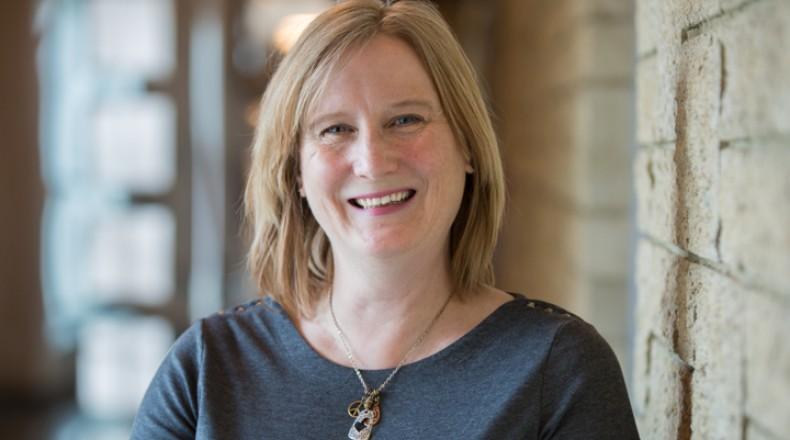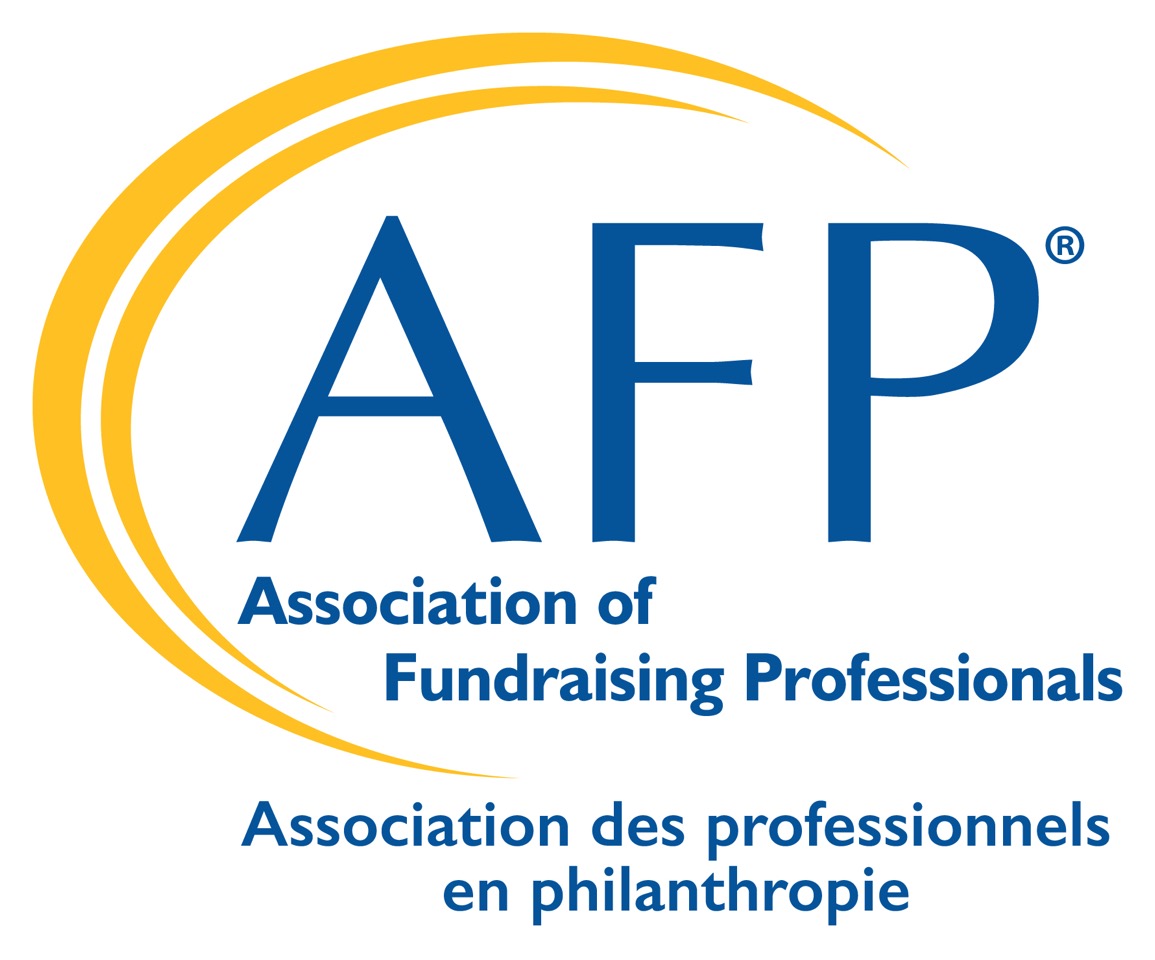Jane Potentier’s Thoughts As She Steps Down As AFP Foundation Chair: ‘What I Need To Learn and Unlearn’

Jane Potentier, CFRE, is currently the associate vice-president, alumni and development at the University of Victoria in British Columbia where she leads a team of 70 staff. Prior to that, she spent 20 years in various development roles at the University of Alberta. She has been involved with AFP since her arrival in Canada from the U.K. in 2001, and has been an active volunteer since 2003, having served as president of AFP Edmonton & Area chapter and as a member of Canada Council prior to joining the foundation board in 2016. As she wraps up her term as chair of the AFP Foundation for Philanthropy – Canada, we touched based with her to talk about leading in uncertain times.
Being the head of a national organization is a major achievement in anyone’s books. What did that feel like for you personally? What was the growth trajectory for you both personally and professionally in this role?
It has been a fantastic experience. I have learned so much and am very proud of the work we have collectively accomplished. It has been a learning experience too—in so many ways, from balancing volunteer and work life, to handling difficult topics and learning new perspectives from the foundation board members as well as through work with the AFP Canada, AFP Global and the US Foundation boards.
What were your goals when you set out at the beginning of your term?
My priorities were focused around three areas: building credibility, learning leadership and enhanced communications for the foundation.
Do you feel you’ve achieved them?
Somewhat. There is still some way to go. During my term we had to face up to some challenging issues. And acknowledge that to be able to achieve the impact we want to have, the foundation must focus more effort on connecting with donors and raising the funds needed to implement and execute our programming. I think we have enhanced and developed our collaboration with AFP Canada and have communicated our mandate and impact to our audiences. We all have so much to learn, and we have established partnerships to help us on that journey. I felt that the Canadian Leadership Retreat in Montreal was an excellent opportunity to connect with chapters and other AFP leaders and engage in deep action-oriented conversations. We now have a clearer path to the future.
Did the wealth inequity and racial injustice, as well as the process of Truth and Reconciliation change the way you viewed your job?
Yes. It’s a reminder about what is truly important and what I need to learn and unlearn. It’s a lesson in not just what we do but how we do it. Everything must be reconsidered through this lens. There is much work to be done to decolonize fundraising and to unlearn and learn. Practices and beliefs need to be questioned. And the foundation and AFP Canada can play a key role in taking meaningful actions in pursuit of the change and must continue to make space for the critical conversations.
What’s your experience of the difference about being the chair of a board as opposed to being “just” a board member?
For me one of the big differences was about setting the agenda, in partnership with staff, ensuring that we are creating a meaningful and valuable experience for our board members and instilling in them the accountability to deliver on our mission. It takes time to prepare well and intentionality to invite dialogue.
What do you think are the biggest issues facing fundraisers today?
For the profession, it’s the leadership gap. And the expectations of the organizations we serve. The potential for burnout is real. There’s the desire and the need to respond to the deeply challenging societal issues we face and helping our organizations to meet that challenge. I think. Couple that with ensuring there is time and resources to ensure we are equipped to meet the challenge, to have the learning, the skills, the tools, the resources to do our job to the best of our ability can lead to feeling overwhelmed. It’s also about making space for change–to think differently about what we do, to challenge long held practices and beliefs and be safe to do so.
Lightening round
Your biggest takeaway from the experience?
Don’t be afraid to tackle hard things. How you act is as important as taking action.
Any regrets in your term?
Not really. I try to look forward and build and learn from each experience and opportunity.
One lesson learned.
It was excellent to be back in person but let’s not lose the learning from adapting to the virtual environment. There is an opportunity to be more inclusive and to ensure accessibility to education and to volunteer service by continuing to embrace hybrid and virtual options.
A line of advice for your successor?
Volunteers are amazing and will step up in ways you could never imagine. Ask them. Invite them. And we couldn’t do this without the excellent staff who care deeply about this organization.
A message to the members of AFP?
Inspiring new leaders are ready to take on the challenges and opportunities and through them and with your support, they will create the conditions for success and deliver programs that will benefit the fundraising profession in Canada. As I said in my mid-term comments, the AFP community in Canada is strong and is here for you. Stay connected and engaged.
Anything else?
A huge thank you to all the donors to the foundation, whether members, chapters, or friends of AFP, you are the difference makers and together we are able to offer education and research to support the fundraising community.





